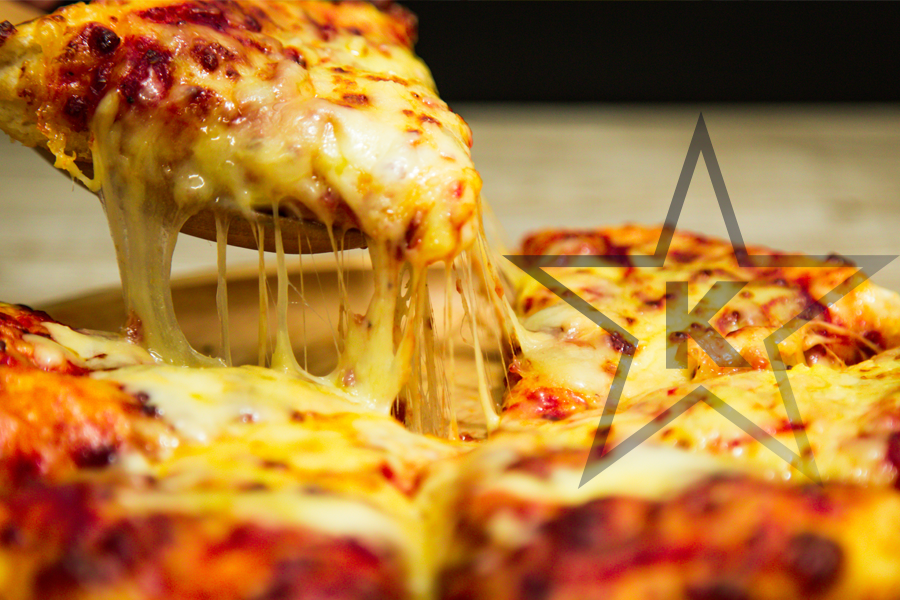Fall 2021
For over nineteen hundred years, the Jewish people have longed to return to Eretz Yisroel. It is only in Eretz Yisroel that we can realize our full potential as a nation. It is only in Eretz Yisroel that the Torah’s blueprint for life can be completely fulfilled.
For the
millennia, the most important dimension of this longing was the yearning to
once again be able to fulfill the mitzvos hatluyos ba’aretz (agricultural
laws), the commandments that can be observed only in Eretz Yisroel. With Hashem’s
help, many of us in this past generation have realized part of this two
thousand year old dream. Yet, this realization has presented us with new
challenges.
Without a
doubt, one of the greatest mitzvah challenges of all times is the fulfillment
of the mitzvah of Shemita, the year of Sabbatical rest for the Land of
Israel. The Midrash perceives this multifaceted commandment as being so
challenging and difficult that he who meets the challenge […]







 STAR-D
STAR-D STAR-S
STAR-S